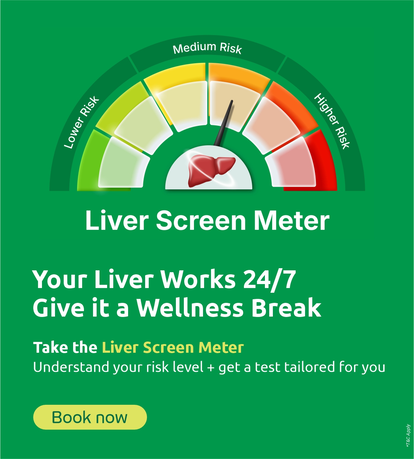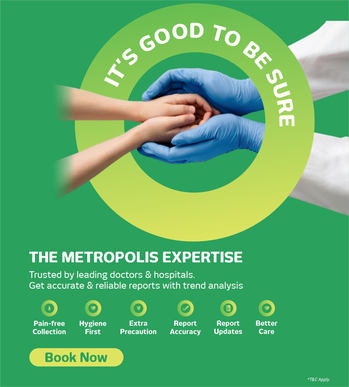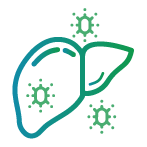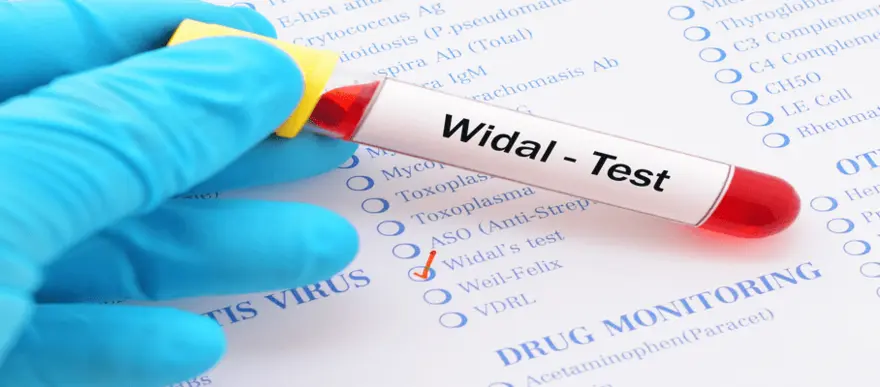Choose from our wide range of TruHealth Package and Health Checkups
Popular Tests
Choose from our frequently booked blood tests
Test by Health Risks
Choose test by Health Risk
View MoreTest by Health Conditions
Choose test by Health Conditions
View MoreWhy Metropolis Healthcare?
Metropolis has been present for over 40 years in the market.
Metropolis has a team of 200 senior pathologists and over 2000 technicians delivering diagnostic solutions in the areas of routine, semi specialty and super specialty domains like Oncology, Neurology, Gynaecology, Nephrology and many more.
We offer a comprehensive range of 4000+ clinical laboratory tests and profiles, which are used for prediction, early detection, diagnostic screening, confirmation and/or monitoring of the disease.


170+ Advanced
Labs

Trusted by Leading
Doctors & Hospitals

Over 2000+
Scientific Officers

Proficiency Testing for
Accurate Reports
Metropolis Healthcare Videos
Invest in your health
One More Step - Stepping out today, for a better tomorrow
Celebrating the spirit of women in healthcare
About Metropolis
Safety and Hygiene Protocols
Invest in your health
One More Step - Stepping out today, for a better tomorrow
Celebrating the spirit of women in healthcare
About Metropolis
Safety and Hygiene Protocols
Invest in your health
What Our Customers Say
We're satisfying our customers every day since 1980
Every Time you choose Metropolis it really means you choose Accuracy. Seriously guys Metropolis is supposed to be best Pathological laboratory in India. For Convenience and Accurate blood test report I recommend Metropolis
Bena Patel
Excellent service - I was able to request services late at night (9pm) and the technician was at my door at 7:30am the next morning. The services were highly affordable and convenient. I live in the US and the US could learn a lot from Metropolis!!!
Sharmila Vaishnav
Very good staff, excellent execution of samples, timely results even before promised time.
Ishwarakrishnan
The Home Service was excellent. Medical Technician took samples at 7:00am and returned at 9:30 after breakfast to take further samples. The results were sent by email at 6pm. The whole experience was excellent, professional and well organised. Will certainly recommend the home service for convenience
Chris Bessell
Morning given the samples in Ayanavaram branch got the report by 12.30pm it's fast and efficient delivery by mail and want to tell about the staff they are very professional and friendly definitely I will recommend my friends and family to metropolis labs
Prabhu Gopalakrishnan
Delightful experience at Chinchwad branch. Ms.Prajakta is courteous, professional in her approach, & believes in service-with-smile attitude. Waiting time was least possible, Reports were emailed same day evening. Overall good service-oriented approach. Good job, keep up the good show. Thank you.
Kedar Ambekar
Every Time you choose Metropolis it really means you choose Accuracy. Seriously guys Metropolis is supposed to be best Pathological laboratory in India. For Convenience and Accurate blood test report I recommend Metropolis
Bena Patel
Excellent service - I was able to request services late at night (9pm) and the technician was at my door at 7:30am the next morning. The services were highly affordable and convenient. I live in the US and the US could learn a lot from Metropolis!!!
Sharmila Vaishnav
Very good staff, excellent execution of samples, timely results even before promised time.
Ishwarakrishnan
The Home Service was excellent. Medical Technician took samples at 7:00am and returned at 9:30 after breakfast to take further samples. The results were sent by email at 6pm. The whole experience was excellent, professional and well organised. Will certainly recommend the home service for convenience
Chris Bessell
Morning given the samples in Ayanavaram branch got the report by 12.30pm it's fast and efficient delivery by mail and want to tell about the staff they are very professional and friendly definitely I will recommend my friends and family to metropolis labs
Prabhu Gopalakrishnan
Delightful experience at Chinchwad branch. Ms.Prajakta is courteous, professional in her approach, & believes in service-with-smile attitude. Waiting time was least possible, Reports were emailed same day evening. Overall good service-oriented approach. Good job, keep up the good show. Thank you.
Kedar Ambekar
0
+
Years of Credible Operations
0
Cities
PAN India Presence
0
+
Advanced Clinical Labs
0
+
Patient Touchpoints
0
+
Tests & Profiles
Our Global Reference Lab

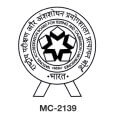

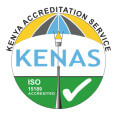
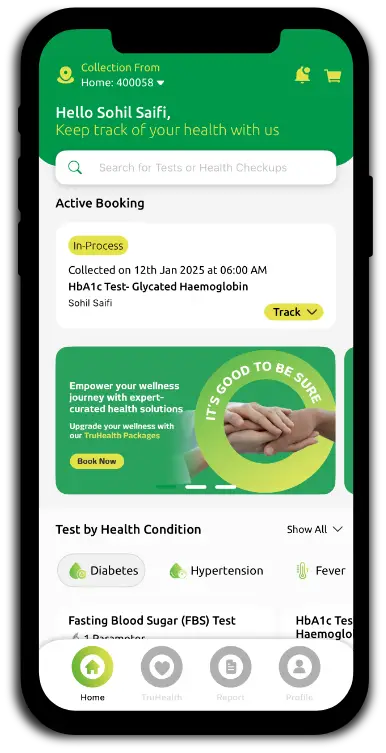
Presenting the all new Metropolis Healthcare App!
All Our Services At your Fingertips
Managing your health has never been easier. Whether you need to book a home visit, manage multiple family members, track your sample collection, or view your test reports, our app has everything you need to stay on top of your health.
Awards & Accolades
Metropolis has been awarded and appreciated by several brands and institutions

‘Gold’ Award for “Exceptional Contributions to Women’s Cancer Care and Management

MD Ms. Ameera Shah recognized as the India’s Most Powerful Woman in Business by Business Today, 2022

Chairman Dr. Sushil Shah recognized with the Hurun Industry Achievement Award 2022 by Hurun India.

Metropolis recognized with the “Great Place to Work” certification for the year 2023-24

Best Organization for Women Empowerment Award
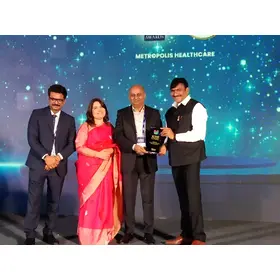
‘Gold’ Award for Excellence in High-end Diagnostics

‘Gold’ Award for “Exceptional Contributions to Women’s Cancer Care and Management

MD Ms. Ameera Shah recognized as the India’s Most Powerful Woman in Business by Business Today, 2022

Chairman Dr. Sushil Shah recognized with the Hurun Industry Achievement Award 2022 by Hurun India.

Metropolis recognized with the “Great Place to Work” certification for the year 2023-24

Best Organization for Women Empowerment Award











